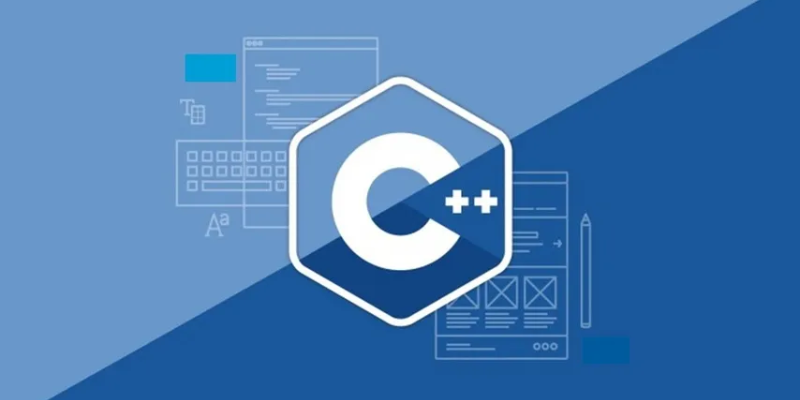
In today’s rapidly evolving tech landscape, legacy systems built on C++ often face challenges in keeping up with modern application demands, such as scalability, flexibility, and maintainability. Migrating from C++ to frameworks like Spring and Hibernate offers several advantages, making it a practical choice for businesses looking to modernize their systems. This blog will outline the seven key benefits of migrating C++ applications to Spring and Hibernate.
1. Improved Scalability and Flexibility
One of the primary advantages of moving to Spring and Hibernate is the improved scalability and flexibility. While C++ is powerful for system-level programming, it is not inherently designed for the rapid changes required by modern enterprise applications. Spring provides a comprehensive framework that supports easy configuration and modular development, allowing applications to scale effortlessly.
Hibernate, as an ORM tool, abstracts the complexity of database operations, offering flexibility in terms of managing data persistence. With the robust architecture of Spring businesses can ensure that their applications grow without encountering bottlenecks.
If you’re interested in learning more about how to build scalable systems using these technologies, consider enrolling in Spring Training in Chennai course to enhance your skills.
2. Reduced Development Complexity
C++ is well-suited for performance-critical applications, but it can become complex when building large-scale applications. With Spring and Hibernate, much of the boilerplate code involved in managing dependencies and database operations is reduced, thanks to features like Dependency Injection (DI) and Hibernate’s automated data handling.
Spring’s DI simplifies object creation and linking by allowing you to inject dependencies at runtime, which reduces the overall code complexity. Hibernate, on the other hand, eliminates the need to write complex SQL queries for database interactions by translating object-oriented code into database commands.
By switching to these frameworks, developers can focus more on business logic rather than low-level coding challenges. For more insights into how to simplify your development process, consider participating in C C++ Training in Chennai and Spring Boot development programs.
3. Enhanced Productivity
Another significant benefit of migrating from C++ to Spring and Hibernate is the increase in developer productivity. Spring comes with a wide range of tools and libraries that streamline the development process. It supports REST API creation, batch processing, security, and more, all of which allow developers to build complex applications faster.
Hibernate, with its ORM capabilities, also speeds up development by automatically mapping Java classes to database tables. For those looking to boost their productivity, Soft Skills Training in Chennai can also enhance communication, collaboration, and problem-solving skills, which are crucial for software development teams.
4. Simplified Database Management
Managing data in C++ often requires complex code and manual handling of SQL queries. In contrast, Hibernate simplifies database management by handling the mapping of object-oriented data to relational databases automatically. This reduces the risk of errors and inconsistencies in database operations.
Hibernate also offers caching mechanisms and lazy loading features, which optimize database performance by reducing unnecessary data retrieval. Consider expanding your knowledge of ORM techniques by enrolling in Hibernate Training in Chennai, which provides a deeper understanding of how to streamline database handling in modern applications.
5. Seamless Integration with Modern Tools
Spring and Hibernate are both designed to integrate seamlessly with modern tools and technologies. This is a significant advantage over C++, which requires additional effort and tools to achieve similar integration. Spring Boot, for instance, is an extension of Spring that makes it easy to develop standalone, production-ready applications. By leveraging Spring and Hibernate, organizations can modernize their infrastructure and embrace new technologies with minimal effort, ensuring long-term sustainability.
As businesses continue to modernize, PMP Training in Chennai can be essential for managing these complex migration projects efficiently and ensuring that all project goals are met on time.
6. Improved Maintainability
One of the biggest pain points with C++ applications is maintainability, especially as the codebase grows. The language’s manual memory management, lack of built-in modular structures, and system-level complexity can make maintaining large-scale applications cumbersome.
Spring and Hibernate offer a clean separation of concerns, with Spring handling business logic and Hibernate managing data persistence. This modular approach makes it easier to update, test, and maintain applications over time. Additionally, Spring’s vast ecosystem of tools and documentation ensures that developers can easily find support and resources when needed.
To better understand how these frameworks can make your projects more maintainable, consider diving into PMP Certification resources to enhance your project management and system maintenance strategies.
7. Better Support for Testing and Debugging
Testing is crucial in modern software development, and Spring provides excellent support for writing unit and integration tests. With features like Spring’s built-in testing framework and Hibernate’s automated data handling, developers can easily write comprehensive tests for their applications, ensuring high-quality code.
Migrating from C++ to Spring and Hibernate offers numerous benefits, from improved scalability and reduced development complexity to enhanced productivity and simplified database management. By modernizing your application architecture, you not only future-proof your business but also ensure that your software is easier to maintain, test, and extend.
